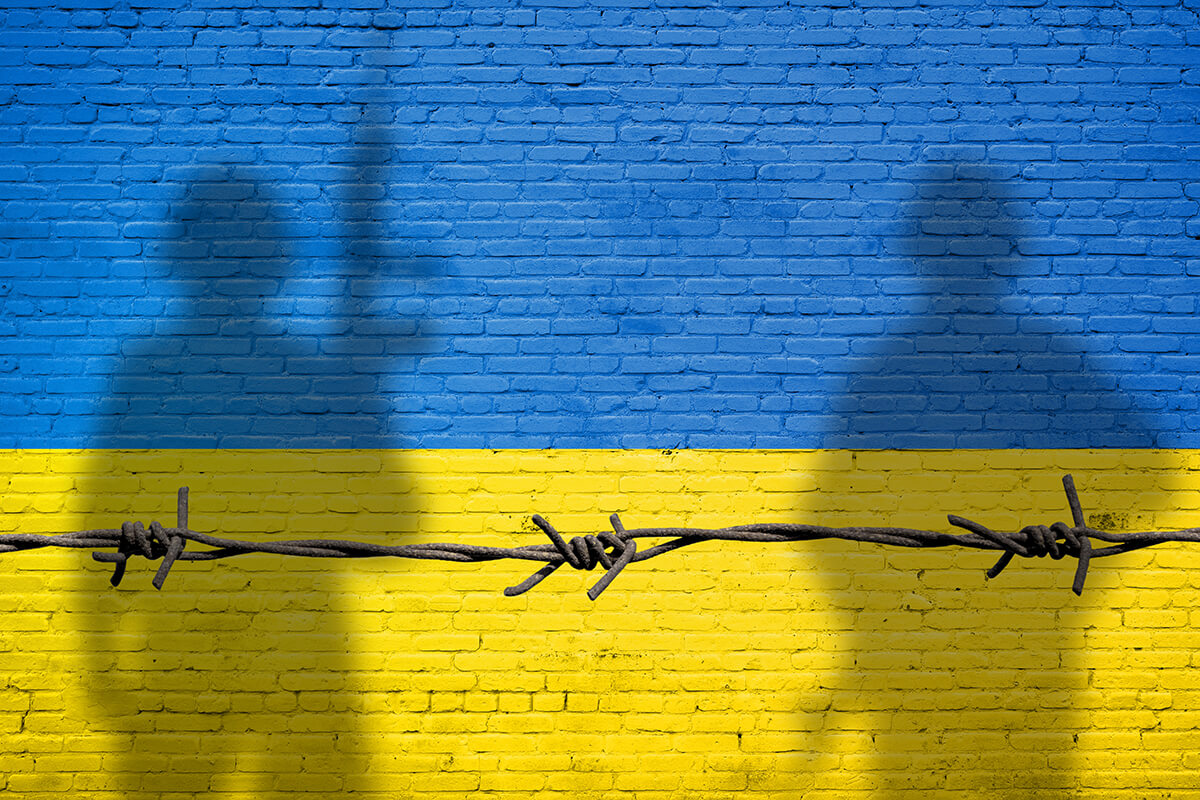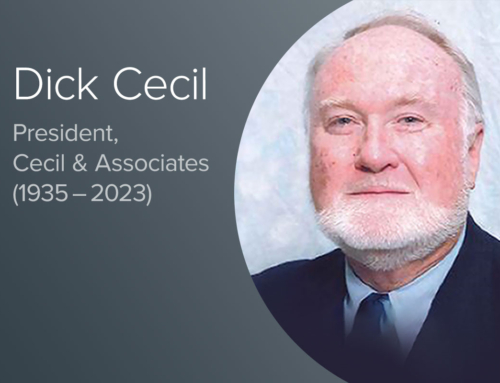It is consuming our lives from thousand of miles away. It is a real life and death drama. It is shared with us every evening and every morning unsparingly, abruptly, in painful focus and, often, in real time.
But why has the brutal Russian invasion of Ukraine captured our attention and emotions like few other tragedies in modern time?
Like every great story, there is:
- A Plot: Nothing less than the future of an emerging democracy and the future of eastern Europe is at stake.
- Intrigue and Tension: The intrigue and tension are riveting, very real and eerily consequential to the ideal of peace in Europe, if not the world.
- A Villain: Vladimir Putin, the President of Russia, is a bad guy who looks the part and whose recent actions fit the script. Alone, he is destabilizing a peaceful Europe.
- A Hero: Brave, surprising and at risk every moment of every day, Volodymyr Zelensky, the 6th President of Ukraine, has emerged and is remarkably skilled and aware of the narrative that connects with the world whose help his country needs.
There are most certainly geopolitical and global economic ramifications influenced by Russia’s unconscionable and insatiable attempted takeover of a sovereign nation.
At the same time, President Zelensky has actually transcended our view of leadership. His words capture every real and romantic fascination we may have had of leaders.
Every decision he makes has consequences for millions of Ukrainians and Russians, as well as the citizens of nearly all Eastern European countries who are now providing shelter for millions upon millions of Ukrainian refugees.
Yet, for his small stature, he seems to be a giant of a man as he addresses elected leaders across the globe with a made-for-television appeal directly to the citizens of the world. Often, he uses only his handheld mobile device while wearing dirty combat fatigues.
Zelensky is 45 years old, a former actor and comedian who played the President of Ukraine in a television series. He is now a global transformational leader and provider of hope to millions worldwide.
In a recent Forbes article written by Erica Ariel Fox and titled, “Ukraine’s Zelensky Is The Master of Transformational Leadership,” the author referred to him as a shape-shifter.
Forbes’ Fox compared him to “… an alchemist, changing form in plain sight,” turning “… something worthless into something priceless,” and in doing so, turned “… a dire situation on its head.” For Zelensky, she writes, “Catastrophe becomes opportunity.”
“… Zelensky created his own sense of himself and then broadcast his unflinching strength far and wide. He never tried to persuade us to give him a chance. He never sounded defensive. He simply ignored assumptions that he would fail and showed us day after day that we’d underestimated him. He saw himself as a leader who could hold his own against Russia’s Vladimir Putin, and perhaps even beat him. Now we do, too.”
Comparing Zelensky and the challenges facing Ukraine to transformational leadership in the board room, the community or the classroom seems trite, to say the least. But it is true.
Every day, leaders of companies, nonprofits are expected to be transformational. While glad they don’t have to do so from some subterranean undisclosed place and constantly on the move, Zelensky reminds all of the power of a vision, the importance of a story.








